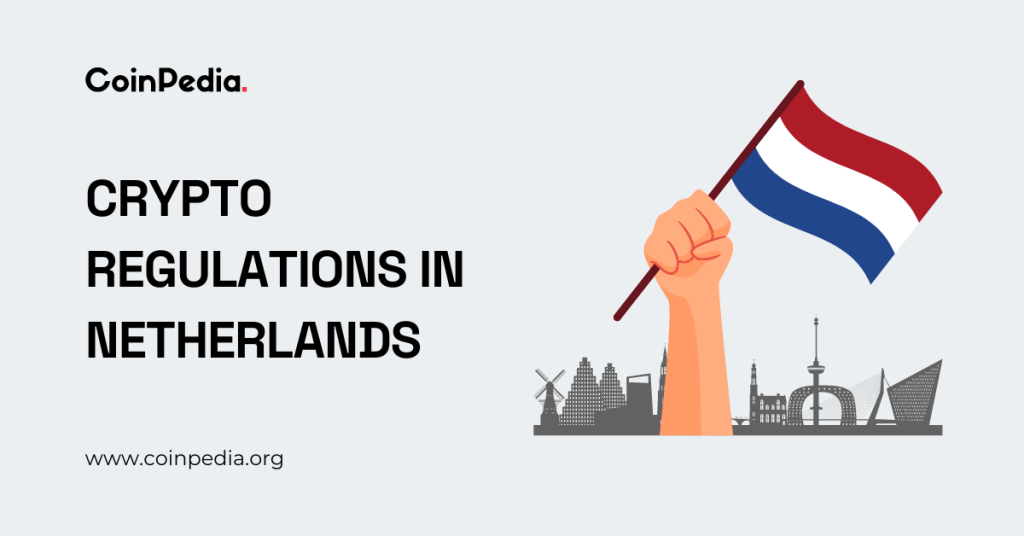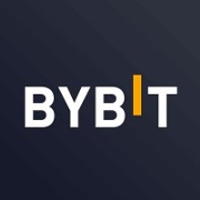Crypto Regulations in the Netherlands 2024

The Netherlands is considered a financial hub of Europe. It is one of the few countries with a clear stand on cryptocurrencies. The Dutch Central Bank defines cryptos as digital representatives of value not issued by a central bank or public authority. As per the bank’s present crypto policy, these digital assets are not legally recognized as currency but are accepted by individuals and businesses for exchange, storage, and trading electronically.
Here we explore the Netherlands’ crypto regulatory framework. This exploration is crucial, as it can reveal which direction this advanced economy is heading to right now.
1. Crypto Regulation in the Netherlands: A General Overview
There is no serious restriction for crypto transactions in the Netherlands. This policy makes the country an attraction destination for virtual asset service providers (VASPs). It does not mean that the crypto sector is a grey area. In 2020, the country ratified the Dutch Implementation Act, which aligned with the European Union’s fifth Anti-Money Laundering Directive (AMLD5).
As per the development, crypto exchanges and digital wallet providers are supposed to register with the Dutch Central Bank (DNB). By registration, companies come under the supervision of DNB. The authority ensures the registered companies comply with the Anti-Money Laundering and Anti-Terrorist Financing Act (Wwft). Monitoring unusual transactions, and doing background checks on customers are the main strategies the authority uses to ensure the compliance of the companies registered under it.
2. Crypto Regulation in the Netherlands: What’s New
January 22, 2024: The Ministry of Finance opens consultations on the Markets in Crypto-Assets Regulation and the Information on Crypto-Asset Transfer and Money Transfers Regulation.
January 30, 2024: Crypto exchange bitpanda 

February 8, 2024: kraken


February 16, 2024: bybit


March 13, 2024: The DNB fines Crypto.com Euro 2.85 million for operating without registration from May 2020 to November, 2022.
March 28, 2024: Bybit launches its digital asset platform, Bybit.nl, in the Netherlands. The platform provides regulated cryptocurrency trading and educational resources.
June 3, 2024: okex


3. Crypto Regulation Status of Primary Activity Areas in the Netherlands
In the Netherlands, the regulation of primary cryptocurrency activities – exchange, custody, borrowing and staking – is partly governed by specific laws and guidelines.
Custody: Custody wallet providers must register with the Dutch Central Bank if they offer their services in or from the Netherlands.
Exchange: Cryptocurrency exchanges are also required to register with the DNB, as per the 2020 development. Notably, exchanges facilitating just crypto-to-crypto exchanges are not required to be registered.
Borrowing & Staking: these two activities are still partly grey areas, as they are largely unregulated. Borrowing may fall under consumer credit regulations, and yielding may fall under collective investment scheme regulations. But, no formal announcements on these matters from the concerned Dutch authorities, like the AFM and DNB, have been made yet.
4. Crypto Taxation Framework in the Netherlands Explained
In the Netherlands, cryptocurrency is taxed as an asset. The country’s tax system underwent a considerable change in 2022. Under the new tax system, a deemed yield is applied to assets, assuming a fixed return regardless of actual income. This approach is different from countries that tax crypto as property, where gains or losses are realised only upon trading.
On every Jan 1, the taxable base of a person’s asset is reset, and the wealth tax is calculated based on the deemed yield of the previous year’s holdings.
Meanwhile, crypto professionals are taxed differently. Their gains are considered regular income and are taxed as per income tax rates, These rates are 36.93% up to Euro 73,031 and 49.50% beyond the said amount.
For businesses, all crypto-related income is included in the taxable profit calculation. Corporate tax rates in 2023 starts at 19% for the first Euro 200,000 of profit, increasing to 25.8% for amounts above the said mark.
5. Crypto Mining in the Netherlands: What You Should Know
Cryptocurrency mining is not illegal in the Netherlands. The country has a very strong crypto mining community. It also boasts a very advanced crypto mining infrastructure. Crypto mining tax rules in the country depend on whether the crypto mining activity is done as a business or not.
A person’s taxable income in the Netherlands is generally categorised into three boxes:
Box 1: Income from work and home ownershipBox 2: Income from substantial interestBox 3: Income from savings and investments
If crypto mining is part of a business activity, the income is taxed under Box 1. If mining is not considered as a business activity, the income are treated under Box 3, as it is considered as assets.
6. Timeline of Crypto Regulation Evolution in the Netherlands
Here is the timeline of the crypto regulation evolution in the Netherlands:
2018: The DNB states that cryptocurrencies do not fulfil the role of money and have no implications on monetary policy. The same year, the Dutch Minister of Finance in the parliament took a political stand in favour of the concept of crypto regulation, over crypto ban.
2020: The country amends its Money Laundering and Terrorist Financing Prevention Act (Wwft) to align with the 5th European Directive on Anti-Money Laundering and Counter-Terrorist Financing (AMLD5).
2023: The International Organisations of Securities Commissions (IOSCO) opens consultation on proposed recommendations for regulating crypto-assets. The sam year, the DBA published the Sector Industry Baseline on Crypto-assets Service Providers (CASPs).
2024: The Ministry of Finance opens consultations on the Markets in Crypto-Assets Regulation (MiCAR) and the Information on Crypto-Asset Transfers and Money Transfers Regulation.
Endnote
As per the DNB’s view, the future of cryptocurrencies is uncertain. But, it believes that cryptos are here to stay. Certainly, the Netherlands recognises that as the crypto market evolves, its regulation framework must also adapt. There are reports that the country has plans to introduce a new legislation to regulate the crypto sector.
Consumer protection and stability are the two main areas that the country’s future regulation will address. We can see that the crypto regulation environment in the Netherlands is improving and is expected to improve in the coming years, thanks to the welcoming attitude of its government authority and the growing enthusiasm of its crypto community.
Also Read: Crypto Regulations in the Dominican Republic 2024















